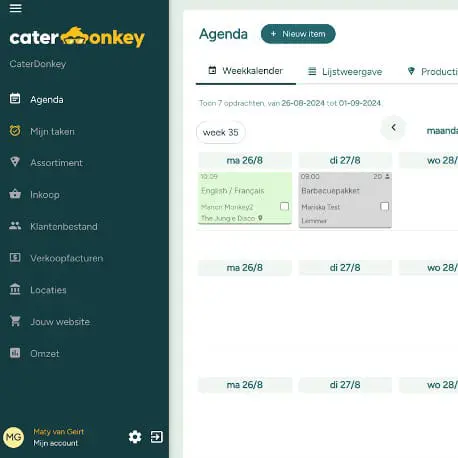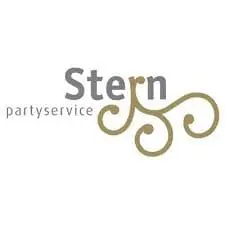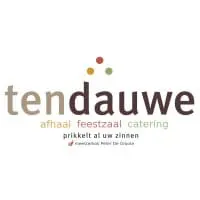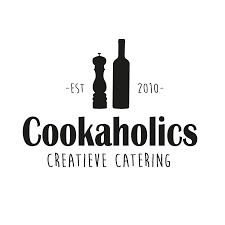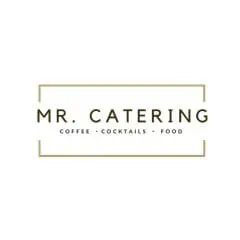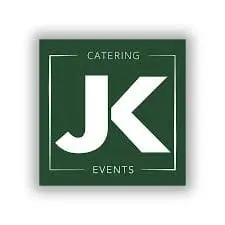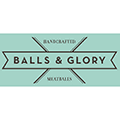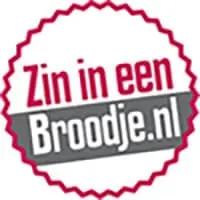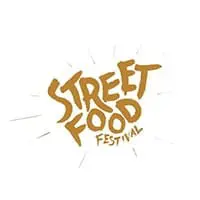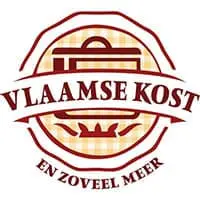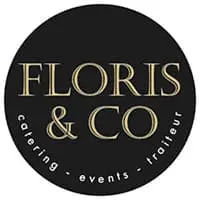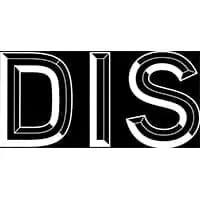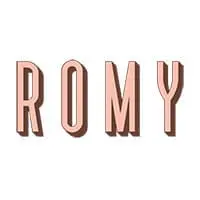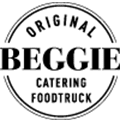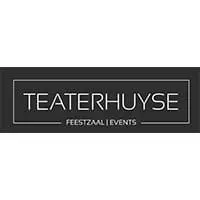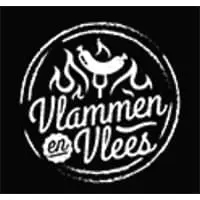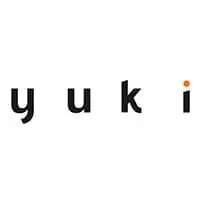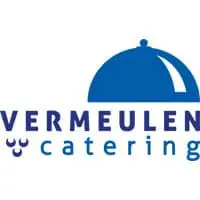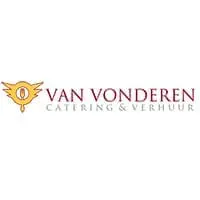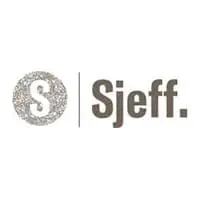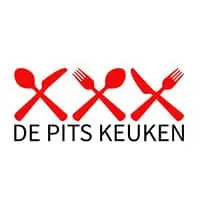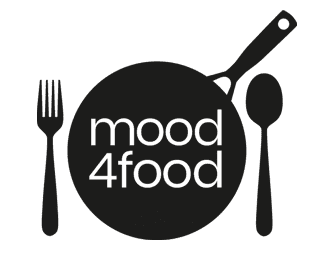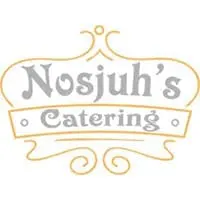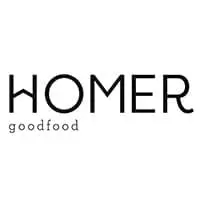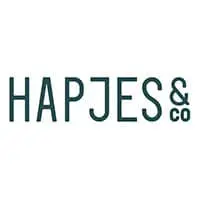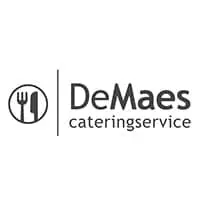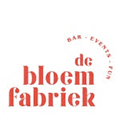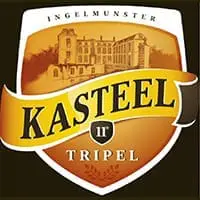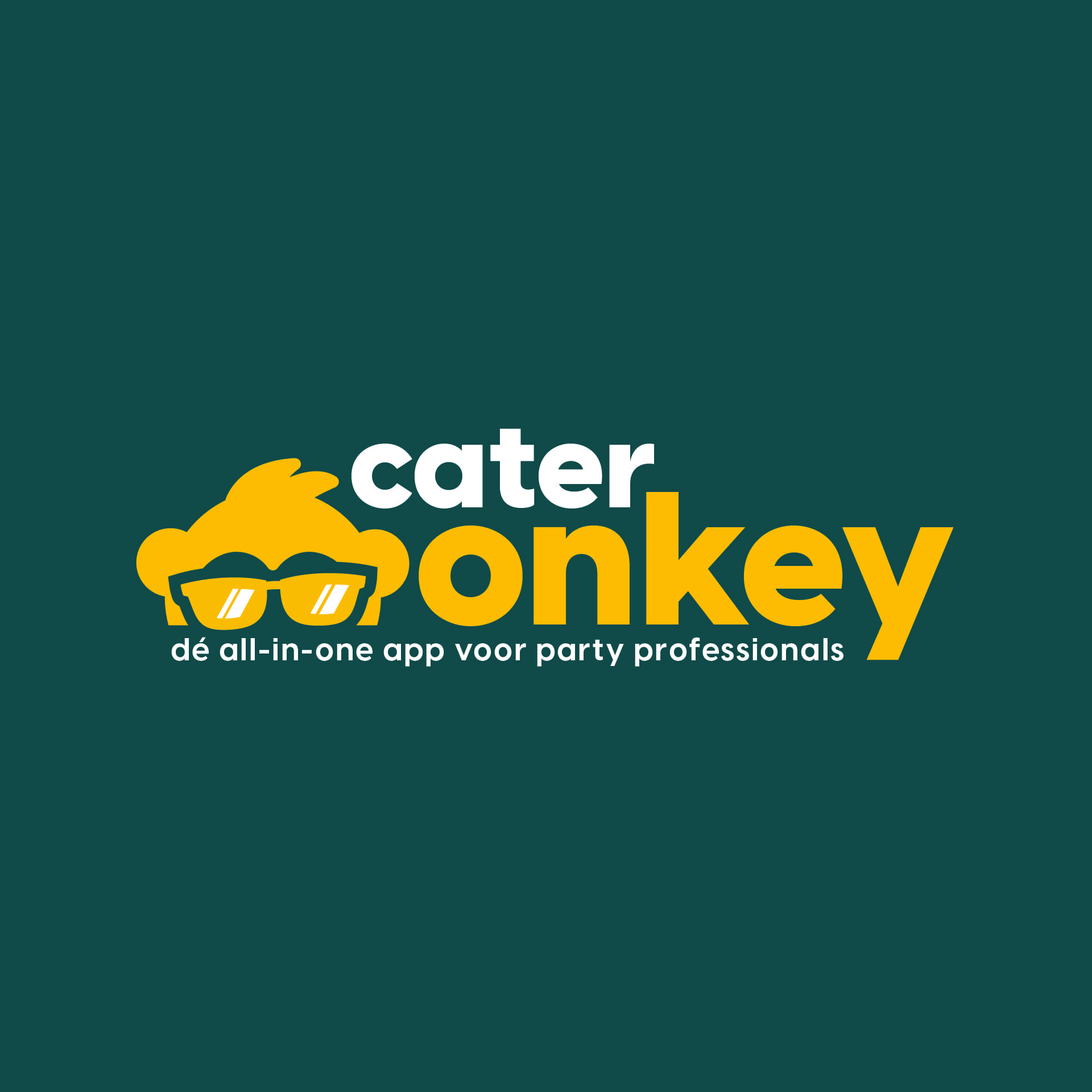A quotation is a legally binding commitment with fixed prices and conditions, while a price estimate provides a non-binding indication of possible costs. For hospitality and event entrepreneurs, this difference is important because it determines whether your customer can hold you to your word. A quotation obliges you to deliver at the stated price, whereas a price estimate does not.
What exactly is an offer?
A quotation is a legally binding commitment in which you, as a catering company or event organiser, promise to provide certain services at a fixed price. Once your customer agrees, a contract is created that both parties must adhere to.
In the hospitality and events industry, you mainly use quotes for large events, weddings or business assignments. Think of a company party for 200 people or a multi-day conference. The quote contains specific prices, delivery conditions and a period of validity.
The binding nature means that you cannot simply increase the price after the customer has agreed. You also cannot unilaterally change the terms and conditions. This gives your customer certainty, but requires you to make accurate calculations in advance.
Catering quotes are often valid for 30 days. After this period, you can adjust prices to reflect changed circumstances, such as higher ingredient costs.

What exactly does a quotation entail?
A quotation is a non-binding indication of what your services will cost approximately. You give the customer an idea of the price level, but you are not obliged to deliver at that price. This offers flexibility for both parties.
When providing quotes for events, you often use ranges such as “between €25 and €35 per person” instead of exact amounts. This allows for adjustments based on final requirements, seasonal prices or ingredient availability.
The informal nature of a quotation makes it ideal for exploratory discussions. Customers can explore different options without you being immediately committed to specific prices and conditions.
For catering and events, you often use price quotes in the initial phase, when the customer is still exploring options and budget. Later, you develop this into a concrete quotation.
When do you use a quotation and when do you use a price estimate?
Choose a quote for definitive requests where all details are known. This applies to business customers who have a fixed budget and want to make concrete agreements. Large events, weddings and company parties require quotes.
Use a quote when customers are still exploring their options or when important details are missing. Think of situations where the date has not yet been set, the number of guests is uncertain, or the menu has yet to be determined.
For small assignments such as lunches or drinks parties, a price quotation is often sufficient. For large projects or when customers explicitly request a quotation, you should always draw up a formal quotation.
Private customers often need quotes in order to compare and budget. Business customers usually expect an immediate quote for their administration and approval procedures.
What information should you include in both documents?
Both documents contain basic company information such as your name, address and contact details. Customer details, the date of the event and a description of the desired services are also included.
| Element | Quote | Price quotation |
|---|---|---|
| Prices | Accurate and binding | Indicative and non-binding |
| Period of validity | Mandatory disclosure | Optional |
| Terms and conditions of delivery | Detailed | Global |
| Terms of payment | Specific | Regular |
Quotations should always include general terms and conditions, payment terms and a clear period of validity. For price estimates, it is sufficient to include a note stating that prices are indicative and subject to change.
For hospitality entrepreneurs, it is important to clearly state what is and is not included in both documents. This includes staff, transport, crockery and any surcharges for weekend or evening work.
How can you prevent misunderstandings with customers?
Communicate clearly and directly what the document contains. State at the top of your document whether it is a quotation or a price estimate. Explain what this means for the customer and for you as a supplier.
Use clear wording such as “This quotation is non-binding and subject to change” or “This quotation is binding until [datum]”. Avoid ambiguous terms that could lead to confusion.
Always discuss verbally what the customer can expect. Explain that a quotation is a starting point for further discussions, while an offer is a definitive proposal that they can accept.
Ensure consistency in your communication. If you have sent a quotation, refer to it in subsequent communications. Make it clear when you are moving from a quotation to an offer.

What are the consequences if you do it wrong?
Incorrect use can lead to legal problems and damaged customer relationships. If you call a document a “price quotation” but use binding language, a court may still consider it an offer.
Suppose you send a “price quote” for a wedding with the text “We will provide a three-course dinner for 50 people for €2,500”. The customer agrees, but you want to increase the price later. This could have legal consequences because your language was binding.
Conversely, an offer that is too non-committal can lead customers to believe that prices are still subject to change. This causes frustration and can result in the loss of orders.
Consistency is important for your company’s reputation. Customers who feel misled will share their experiences with others. In the hospitality and events industry, where word-of-mouth advertising is important, this can be damaging.
How can you streamline your quotation and pricing process?
Create standard templates for both document types. This ensures consistency and saves time when creating new documents. Make sure the templates clearly indicate whether it is a quotation or a price estimate.
Use digital tools for quotation management that automatically perform calculations and insert standard texts. This minimises errors and ensures a professional appearance. Modern catering software can link ingredients to dishes and automatically calculate purchase prices.
Develop a clear process in which you always start with a quote for exploratory discussions. Only when all the details are known should you make a final offer. This prevents confusion and ensures a logical flow.
Keep track of which documents you have sent and follow up on them systematically. Automatic reminders help you to avoid missing out on potential assignments. Good hospitality administration records all communication and keeps track of the status of each request.
Understanding and correctly applying the difference between a quotation and a price estimate is fundamental for every hospitality and event entrepreneur. It ensures clear communication, prevents legal problems and professionalises your business operations. By using the right processes and tools, you can manage both documents efficiently and improve your customer service.
Ready to optimise your quotation process?
Do you have questions about streamlining your quotation and pricing process? Or are you curious about how Catermonkey can support your company in professionalising your administration? We are happy to work with you to find the best solutions for your specific situation. Whether you have ideas you want to discuss or specific questions about our platform, we are here to help.
Plan your brainstorming session with Catermonkey! Book a no-obligation session and discover how we help party professionals every day to create more time for what really matters: delivering amazing events and culinary experiences.
